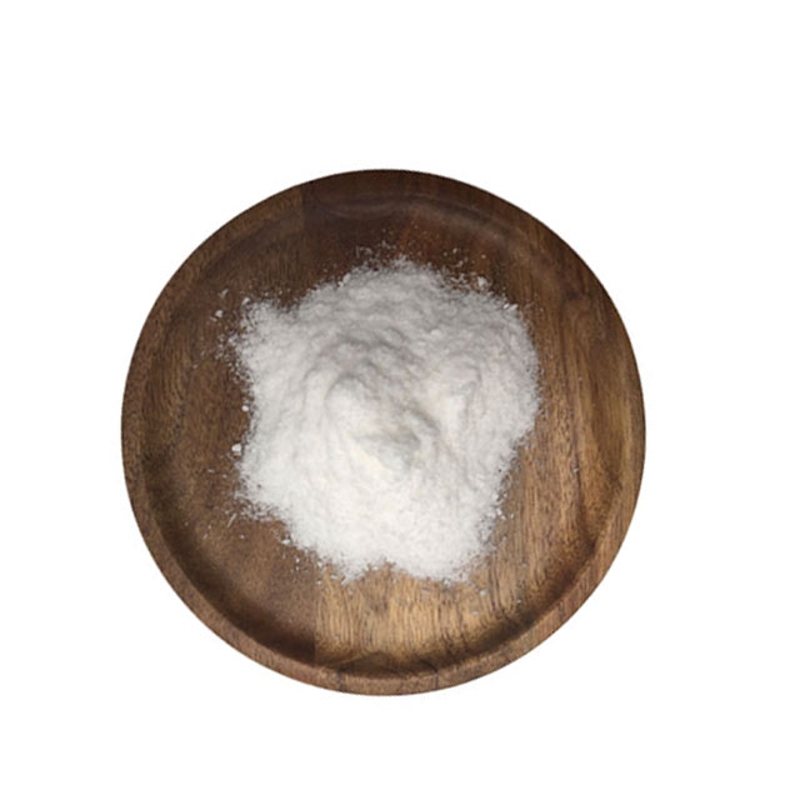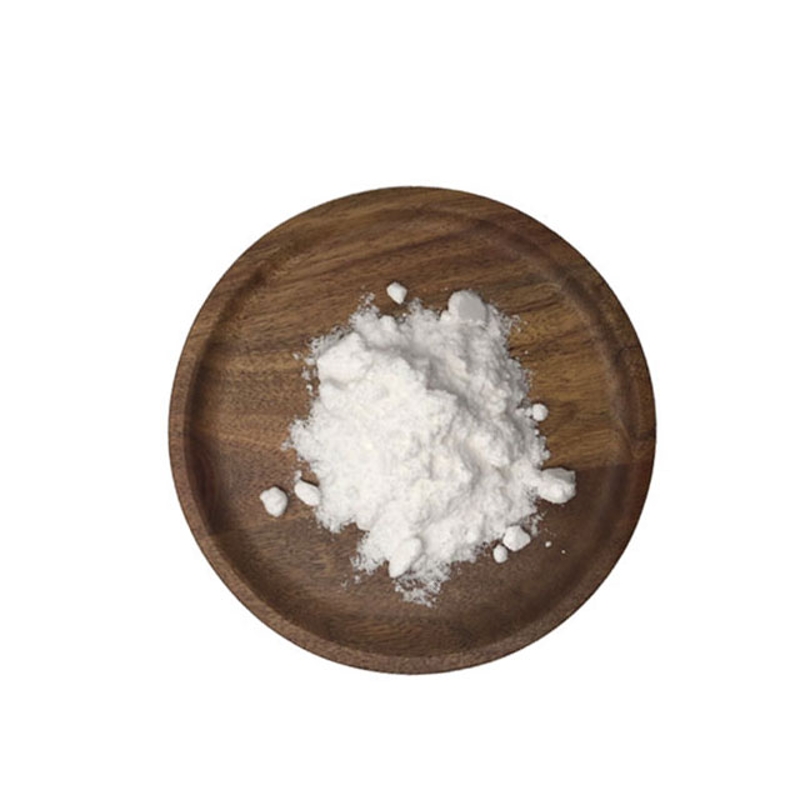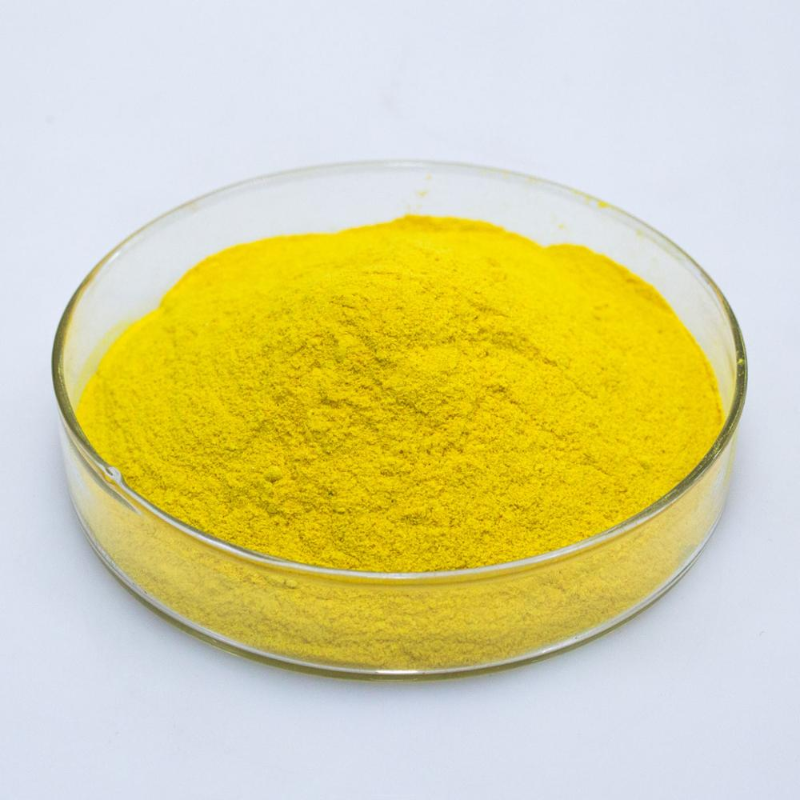J agr food Chem: is the organic food you eat really organic?
-
Last Update: 2019-06-11
-
Source: Internet
-
Author: User
Search more information of high quality chemicals, good prices and reliable suppliers, visit
www.echemi.com
June 11, 2019 / BIOON / - organic food is becoming more and more popular and expensive Organic fruits and vegetables do not use synthetic pesticides in the planting process Because of this, people usually think that organic fruits and vegetables are healthier than those using synthetic pesticides But not all foods with the label are completely pesticide free, but detecting low levels of the substance can be challenging Now, scientists have published a study on a new strategy to determine the authenticity of organic food in the Journal of agricultural and food chemistry of the American Chemical Society The high cost and popularity of organic food may prompt people to try to pass the pesticide treated food off as organic food Pesticide detection is very challenging, even impossible, especially because some of the substances will decompose rapidly after use, resulting in a false impression that the food has not been processed However, a small amount of pesticides on the surface of fruits does not necessarily mean intentional fraud The compound may have been blown from a nearby field To help improve the practice of organic food validation, Jana hajslova and his colleagues developed a method to analyze the metabolites produced in plants during pesticide decomposition, using an experimental vineyard as a test site Photo source: Journal of agricultural and food chemistry researchers used high performance liquid chromatography and high resolution mass spectrometry to identify and screen the metabolites of seven common pesticides The team used this method to monitor and analyze the leaves and fruits of the treated vines and the wines made from the treated fruits at different time intervals between planting and harvesting Using the technique, the team observed that initial pesticide levels decreased as degradation occurred The team also tested the metabolites of these substances as their levels changed over time Many metabolites are still detected at a higher level than pesticides used in wines extracted from treated fruits, which means that organic wines, not just fruits and leaves, may be validated by this strategy The researchers say their approach, with some improvements, should help food regulators fight illegal practices in organic agriculture Reference: Dana schusterova et al Can occurrence of pesticide metals detected in crops provide the evidence on illegal practices in organic farming? Journal of Agricultural and Food Chemistry (2019) DOI: 10.1021/acs.jafc.8b06999
This article is an English version of an article which is originally in the Chinese language on echemi.com and is provided for information purposes only.
This website makes no representation or warranty of any kind, either expressed or implied, as to the accuracy, completeness ownership or reliability of
the article or any translations thereof. If you have any concerns or complaints relating to the article, please send an email, providing a detailed
description of the concern or complaint, to
service@echemi.com. A staff member will contact you within 5 working days. Once verified, infringing content
will be removed immediately.







